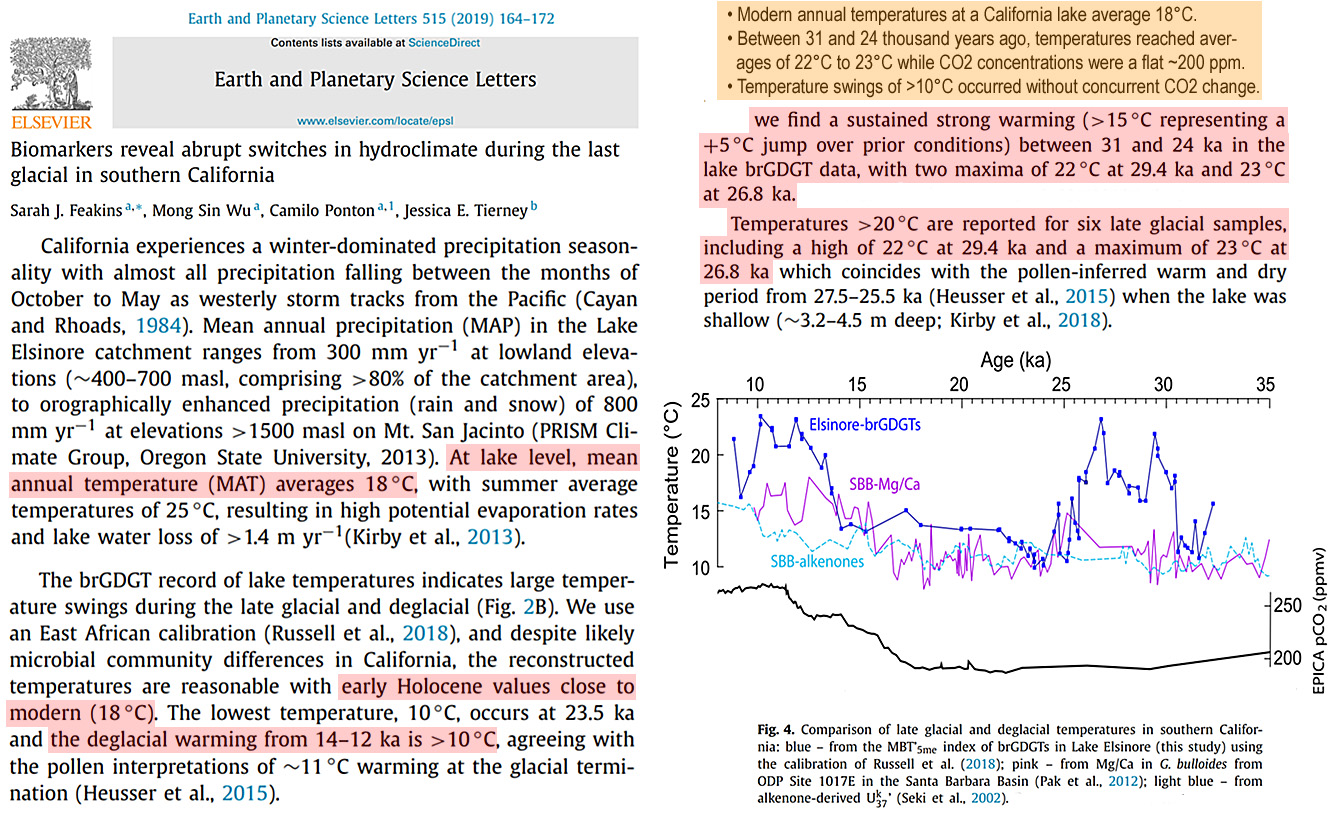Is that science background in Climatology? Neither is mine, so I defer to the experts. Skepticism should involve listening to what the experts have to say. Comparing what one expert has to say to that of another expert, and considering the overall consensus of experts. Being skeptical and denying on a Forum EVERY DAY, are at two different levels. The latter is called TROLLING!
My science background is in Physics, so yes, good enough to evaluate the physical processes claimed to be affecting the climate.
I have listened to the experts,and my estimates fall within the experts range of uncertainty.
AGW contains several concepts of which some are much more accepted than others.
The most accepted is the idea of CO2 forcing, that doubling the CO2 level will cause an energy imbalance,
that will force surface temperatures higher by about 1.1C.
The second concept is that the forcing warming would cause feedbacks to cause additional warming,
the amount of the additional warming is much less accepted.
It is a perfectly accepted form of skepticism, to challenge if portions of the uncertainty fall into the unlikely range.
For my part, I think science is about adjusting the theories to match the observations,
and not adjusting the models to match the theory.
Anyone with a Science or Engineering degree, has sufficient levels of math and science training to evaluate
if the stated predictions are realistic, if they choose to!



